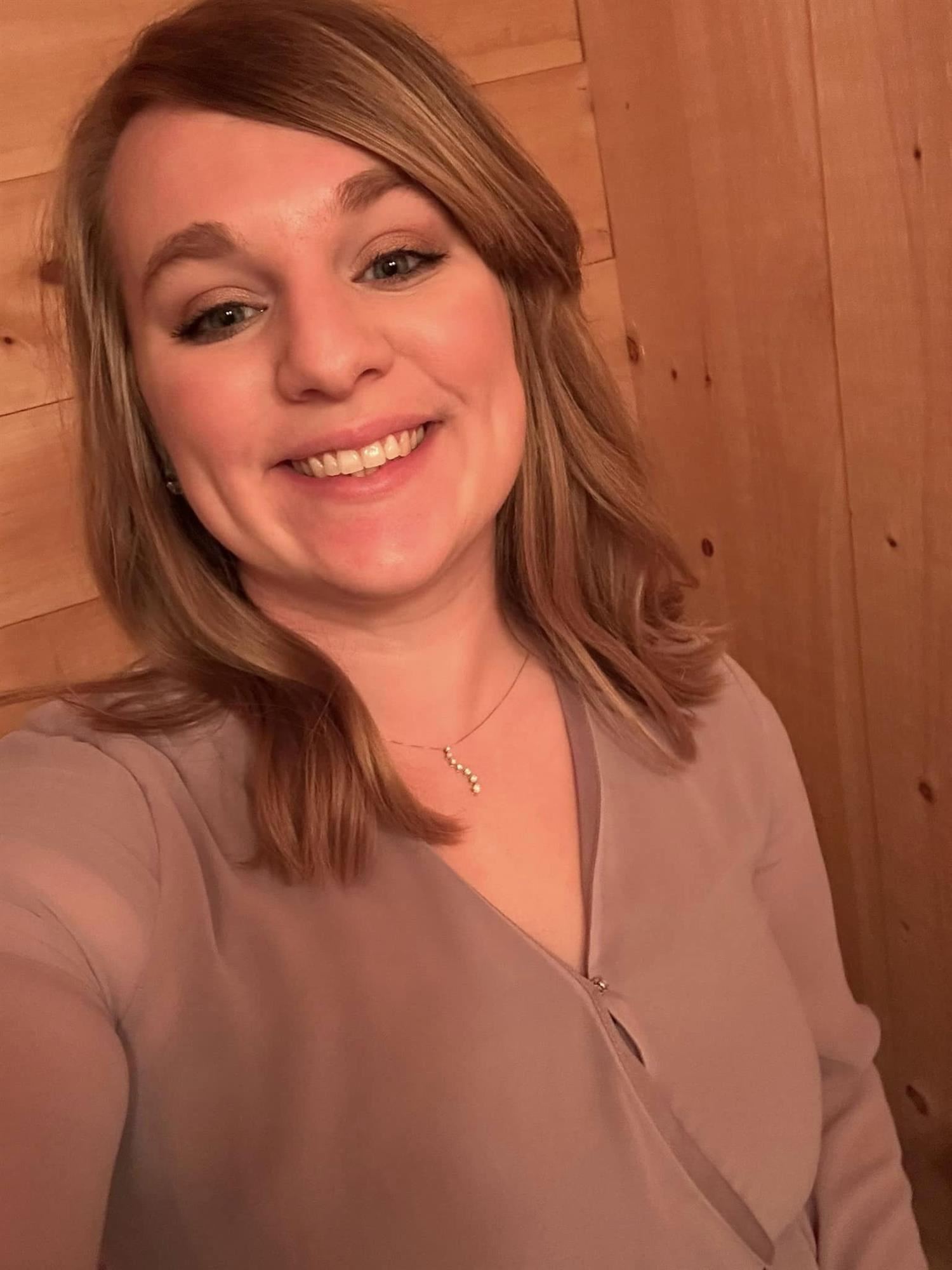School Counseling

Our FDE School Counselors
Heather Sluss and Michael Fields
phone: 571-252-1920
Please feel free to reach out with any questions that you may have regarding your child and/or the school counseling program. We look forward to working with you and your child!
*The school counselor is the first point of contact for initial student concerns. The school counselor will collaborate and plan for supports with other school-based mental health team members (i.e., school psychologist, school social worker, student assistance specialist), as appropriate.
School Psychologist:
School Social Worker: Carol Tepfer
The Role of the Elementary School Counselor
The elementary years are a time when students begin to develop their academic self-concept and their feelings of competence and confidence as learners. They are beginning to develop decision-making, communication and life skills, as well as character values. It is also a time when students develop and acquire attitudes toward school, self, peers, social groups and family. Comprehensive developmental school counseling programs provide education, prevention and intervention services, which are integrated into all aspects of children’s lives. Early identification and intervention of children’s academic and personal/social needs is essential in removing barriers to learning and in promoting academic achievement. The knowledge, attitudes and skills that students acquire in the areas of academic, career and personal/social development during these elementary years serve as the foundation for future success.
Elementary School Counselors implement the Counseling Program by providing the following:
School Counseling Curriculum: LCPS Elementary School Counselors provide classroom lessons, twice per month, to each class, K-5
Academic support, including organizational, study and test-taking skills, goal setting and decision-making
Bullying prevention and awareness
Career awareness, exploration and planning
Character Education
Communication, problem-solving and conflict resolution
Education on understanding self and others, including peer relationships, coping strategies and effective social skills
Multicultural/diversity awareness
Individual Student Planning and Assistance
Academic planning and support
Crisis Interventions
Education on understanding of self, including strengths and weaknesses
Goal setting/decision- making
Transition plans
Responsive Services
Conflict resolution
Consultation/collaboration with administration, faculty and parents
Individual/family/school crisis intervention
Individual and small-group counseling
Referrals to other school and community resources
System Support
Consultation, collaboration and teaming
Program management, operation and outreach, and professional development
Meeting the Challenge
Elementary school counselors are professional educators with a mental health perspective who understand and respond to the challenges presented by today’s diverse student population. Elementary school counselors don’t work in isolation; rather they are integral to the total educational program. They provide proactive leadership that engages all stakeholders in the delivery of programs and services to help students achieve school success.
Elementary School Counselors and the School Community; Working Collaboratively with all Stakeholders
Parents
Academic and career planning
Communication/Networking
One-on-one parent conferencing; facilitate parent/teacher conferences
Parent education and presentations (Bullying Prevention, Homework Help, etc.)
Teachers
Academic support to help students succeed academically
At-risk student identification and implementation of interventions to enhance success
Classroom school counseling lessons and activities
Faculty presentations on counseling initiatives (Bullying Prevention, Academic and Career Plan, etc.)
Administrators
Child Study/IEP Teams
School climate
School-wide needs assessments
Student data and results (School Improvement Plan, etc.)
Student recognition programs
Students
Academic support
Bullying Prevention (BP-PBIS Construct)
Career education (Academic and Career Plan Curriculum)
Crisis interventions
Leadership development
Peer education
Peer support
School climate
Small groups (Anger Management, Changing Families, Friendship, Grief, Self-Esteem, Social Skills)
*These examples are not intended to be all-inclusive. The role and responsibilities are driven in part by the needs of individual schools and may therefore naturally vary as a result.
Elementary school years set the tone for developing the knowledge, attitudes and skill necessary for children to become healthy, competent and confident learners. Through a comprehensive developmental school counseling program, school counselors work as a team with the school staff, parents and the community to create a caring climate and atmosphere. By providing education, prevention, early identification and intervention, school counselors can help all children achieve academic success.
Minimum Qualifications for a Virginia School Counselor
Master's Degree
State Certifications
Please feel free to call with any questions that you may have regarding your child and/or school counseling. The school counselor can be reached at 571-252-1920 or via email at Katherine.Bracaglia@lcps.org
We are looking forward to meeting and working with you and your child!
